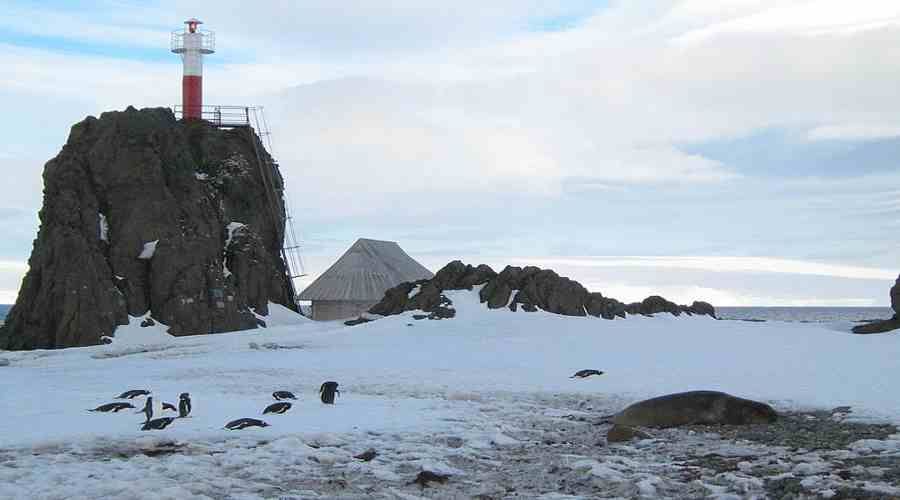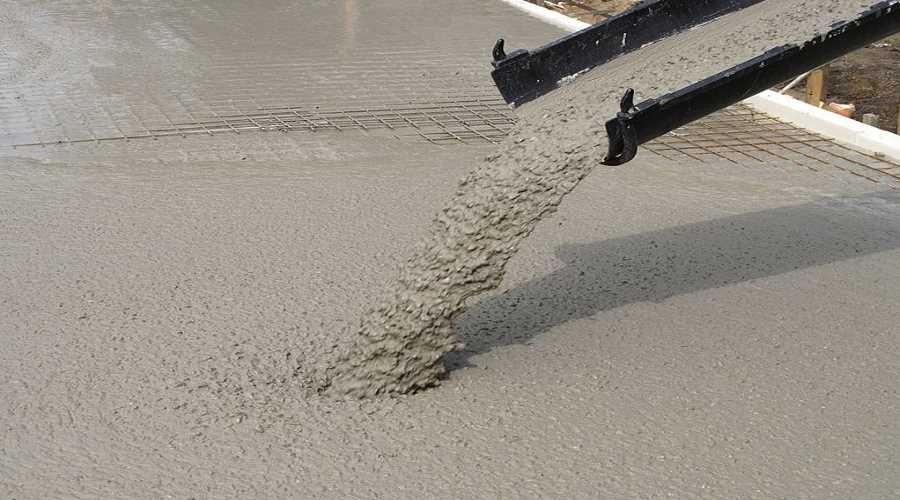The Polish Antarctic Station is recruiting for an expedition
The Polish Antarctic Station is recruiting for the expedition
Located on Kr Islandola George Island in the Shetland archipelagooin the Southern Ocean station im. H. Arctowski announced the nabor candidateoin to 43. Antarctic expedition. Recruitment includes nabor to the winter group – from October to November of the following year – and to the summer group – from November to the end of March.
Although during their stay at the Station “all do everything” – to the best of their ability and authority, it was determined the qualifications of the wanted osob. For the winter group are sought m.in. Power engineer, electrician, auto mechanic, computer scientist, electronics technician, paramedic or communications officer. For the summer group, the Station is looking for: a petty officer (operation, maintenance and repair of floating equipment), a field assistant (support of the scientificoin the field), a cook and kitchen helper, or an employee of theow engaged in maintenance and repair of buildings and station equipment.
The recruitment process is announced in January each year and lasts several months. „Interviews are usually held in March and April. In May, selected candidates will undergo a medical examination. The months of June-September are devoted to preparing for the expedition. Group and individual training is also taking place at this time. The expedition departs for the Station in late September and early October” – reads the station’s website. Detailedoły recruits available on the Station’s website.
The station im. H. Arctowski has been operating continuously since 1977. The first expedition went there in late 1975 to estimate fish and krill stocks in the Southern Ocean. On February 26, 1977, it was decided to establish a permanent scientific research station. The activities of the Arctovsky station are financed from the funds of theoIn the ministry of science under the so-called. special research unit (SPUB). SquareoThe facility is managed by the Institute of Biophysics and Biochemistry (IBB) of the Polish Academy of Sciences (PAN).
But Poland also has a second station. It has been an abandoned site since 1979owka im. Antony Dobrowolski in Bunger Oasis detailed. The land for the station was given to the Poles by the Russians in 1959. It consists of m.in. two wooden houses. Reaching it is not easy, as it lies inland. It is currently managed by the Institute of Geophysics of the Polish Academy of Sciences. Last November, Deputy Minister of Science and Higher Education Lukasz Szumowski admitted that the powrot to the abandoned im station. Antony Dobrowolski is a viable. However, the decisions have not yet been made.
Poland – As one of the signatories of the Antarctic Treaty – is among the 29 consulting countries, whichore can make decisions on human activities in Antarctica. The presence of researchers in the area is only one element of theoIn the game of political influence over the zone, whichora has no owner.
One of the conditions for theoin allowing them to join is to conduct significant scientific research work, such as establishing a scientific station or sending a scientific expedition. There must also be agreement of the other countries of the treaty.
Signatories to the treaty have agreed to use Antarctica only for peaceful purposes and to ban activities of an armed nature. In accordance with the provisions of the Protocol on Environmental Protection to the Antarctic Treaty (since 1998.) the region is treated as a huge nature reserve: raw materials are not extracted thereow. After the po³ century, and so in 2048., provisions, including – regarding the ban on the extraction of raw materialsow, however, may change. It should be noted that Antarctica hides a rich but, for now, hardly accessible resource. However, as a result of climate change, their acquisition will become increasingly easy.


